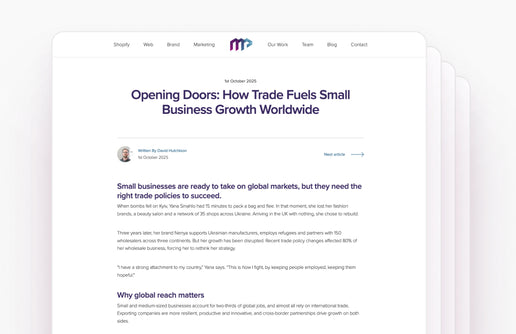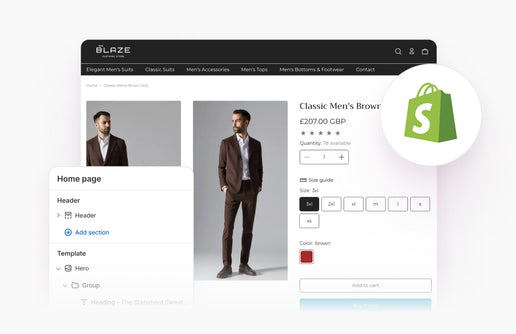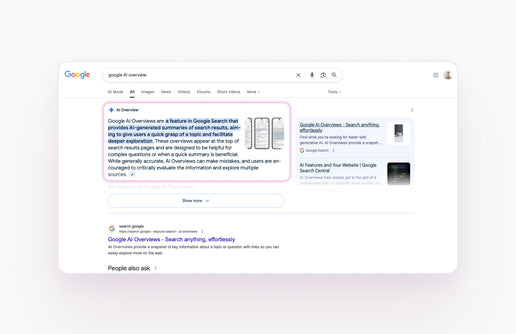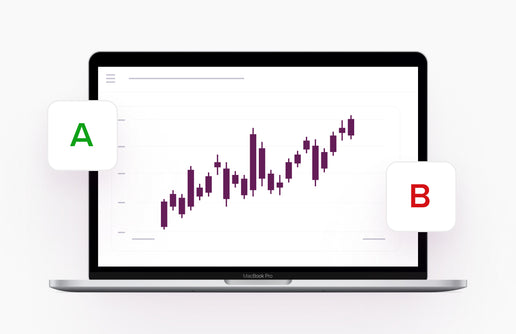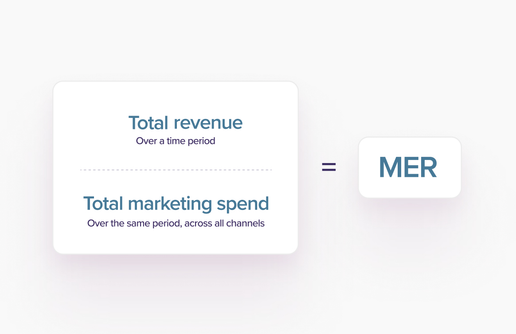Email Marketing is an integral part of the digital marketing mix, it's the ability to keep consumers informed, educate them and then funnel them to your website or directly to a product. It is a direct link between business and consumer. Consumers are checking emails more and more, especially on the go, meaning they can now check emails before they even reach their desk.

What Is Email Marketing?
Email marketing is exactly as it sounds, contacting your customers about new products and services via email, with the goal of them making a purchase or enquiry.
Why Is Email Marketing Important?
Thanks to the abundance of digital devices, consumers are checking emails a lot more frequently than before, in most cases, a minimum of once a day! Users care about email, they care about who it’s coming from. There is no time like the present to capture the attention of that audience!
According to Statista, Email marketing has an average return on £1 spent of anywhere between £30-£40 (Statista, 2023) this is a huge number. Couple this with the ever growing total revenue by email marketing, currently sitting around £9bn and projected to hit around £17.9bn by 2027.
Examples Of Email Marketing
1. Automations

Automations are automatically created ‘flows’ that customers can enter once they have taken a certain action on your website. If a customer buys a product, goes on a specific page, or one of copious other actions, they can enter into a flow that will automatically send them an email a certain amount of time after that action has been ‘triggered’. You can use automations to schedule ‘Thank You’ emails, or invite users to review the product or service a certain amount of time after they have purchased.
2. Campaigns

Where automations are automatically sent, campaigns are your ‘one and done’ emails that cover a topic or product range related to your business. You can use campaigns to push new products, talk about events, discounts and much more.
Email Marketing Best Practices
With email providers such as Google and Yahoo now having stricter spam regulations, ensuring that you are following email marketing best practices is vital to your deliverability, ensuring you can continue to send emails to your subscribers.
1. Have A Good Subject Line
The subject line is the first thing a customer will see and largely determines if that email will be opened or not. A poor subject line can see your communication instantly being put in the trash, or worse… the spam folder.
2. Segment Your Users
If you sell a range of sports products, create lists of people who have bought football kits, another for running, one for rugby and so on. This means you can specifically target people who are interested in football with football products, instead of wasting emails on people who have no interest in football.
3. Personalise Your Emails If Possible
Ensure the email feels personal. Include the recipient's name in the opening line - “Hello xxxx”, ensure the email address sending out the campaign isn’t for example - support@ admin@ or noreply@. This will ensure the recipient feels like the email is coming from a human being and not just a cog in the machine.
4. How Many Emails Should You Send Out?
There is no one right answer. It completely depends on your business, what you sell and what your audience responds well too. Too many emails about the same service might be marked as spam - costing you a user. Too little emails and your competitors might get in there first - costing you a sale. There is a fine art to email marketing but it just needs an understanding of your business and customers.
5. General Data Protection Regulation (GDPR)
In May of 2018, the General Data Protection Regulation (GDPR) came into play - a new EU law aimed at bringing order to privacy laws across the EU. The GDPR requires consent to be clear in regards to email opt-in. The consumer must now be given full knowledge of the owner and intended use of the email address, it can’t be implied, assumed, bundled or otherwise connected with anything else except the identified purpose.
Non-compliance with the new GDPR laws can lead to fines up to €20 million or 4% of a brands total global annual turnover, which means non-compliance is not an option. Businesses and digital agencies need to read over these new laws and ensure the security of users and user data is compliant with these new regulations. Read more information on the GDPR guidelines.
What Can Mucky Puddle Do For You?
Mucky Puddle are a digital agency specialising in web design, branding, digital marketing and app development, with Email Marketing being a service we offer within our digital marketing umbrella. We can assist with the creation, design & reporting of email campaigns for clients from automated email communication to corporate updates. Contact us today and we can help you attract the right audience for your business.


